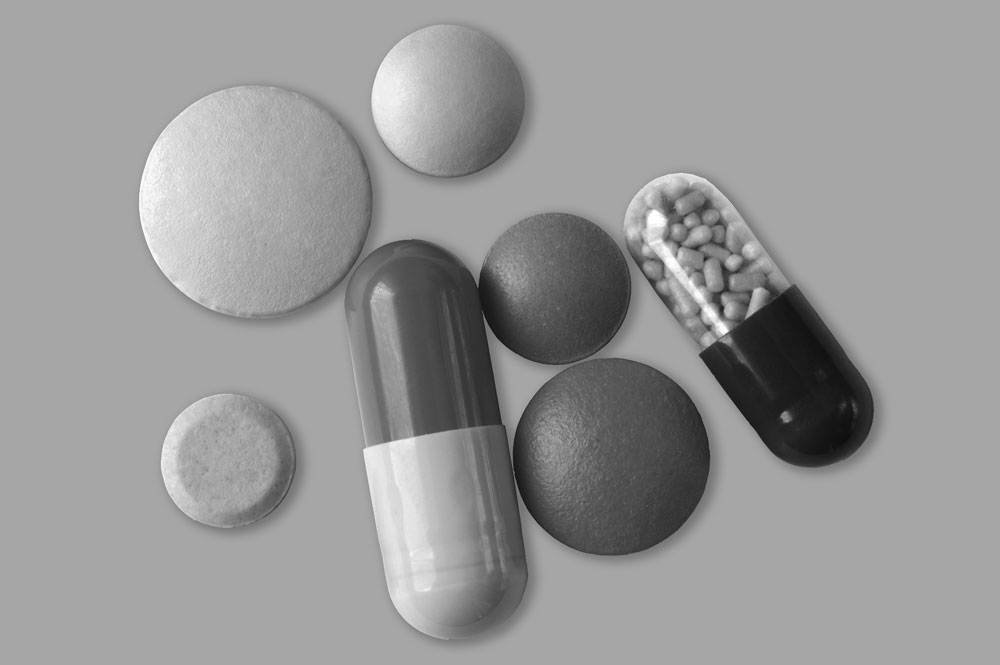
Since the HIV/AIDS pandemic of the 1990s, allowing the importation of generic “grey market” versions of patented medicines has proven an invaluable tool in assuring adequate access to effective treatment during pandemics and national health emergencies. Grey market goods, also referred to as “parallel imports,” are not counterfeit or fake drugs. They are drugs that are lawfully produced in their country of origin. As a generic drug, such imports are also historically cheaper than their branded equivalents.
There is no express provision in TRIPS allowing grey market imports. However, Article 6 expressly excludes the exhaustion of intellectual property rights from enforcement under WTO dispute settlement. In short, TRIPS imposes no penalties if a country choses to use grey market imports of patented drugs and devices, such as testing kits and ventilators, to meet its domestic needs. It is time for the U.S. to get serious about allowing grey market imports for patented COVID-19 treatments to ensure that U.S. patients have adequate access to reasonably priced medicine.
Grey market imports have been a recognized tool in combatting high drug prices internationally response since the HIV-AIDS pandemic. South Africa became an international leader in pioneering its use to provide reasonably priced treatments for HIV-AIDS. When it adopted the South African Medicines and Related Substances Act, patent holders eventually reduced the prices charged for the covered drugs when their attempted lawsuit to challenge the law proved a public relations disaster. Recognized as one of the “flexibilities” officially sanctioned in Section 5(d) of the Doha Declaration on TRIPS and Public Health, a carefully crafted grey market provision would give the U.S. the option to import generic versions of patented COVID-19 drugs to assure adequate access to those drugs should the need arise.
Other countries have already used grey market imports to combat COVID-19. Most recently, Israel authorized a compulsory license to permit imports of grey market versions of Kaletra from India. The Israeli patent, held by AbbVie, is valid until 2024. The result was AbbVie’s announcement that it would not seek to enforce its patent, not only in Israel but in any other country. What may be even more notable is that Israel had not granted such a license in over 20 years. Yet, as this action underscores, COVID-19 is unique. It requires all of use to consider and use new techniques and new laws to assure patients can get the treatments they need to survive this deadly disease.
Undoubtedly, one of the challenges posed by gray market imports, is the need to maintain quality control to avoid the flooding of counterfeit versions of legitimate generic drugs into the U.S. market. Section 15C(b) of the South African Act provides a good road map for choices in combatting this potential problem. It limits any grey market authorizations to medicine which is “identical in composition, meets the same quality standard and is intended to have the same proprietary name as that of another medicine already registered [for marketing] in the Republic.” It further requires importers to receive permits whose grant requires evidence that the importer can “comply with good manufacturing and distribution practices” and an “undertaking to ensure the continued safety, efficacy and quality of the medicine.”
Additional controls to assure the quality of any such imported generic drugs could include a prohibition against online marketing of such drugs, except through licensed or authorized websites, and a limitation on authorized entry points for imported pharmaceuticals so that their quality can be more effectively controlled. Heightened methods of enforcement, including tracking and monitoring of licensed shipments, combined with severe penalties for trafficking in counterfeit drugs, including potential prison sentences, should also be used to strengthen the effectiveness of these controls.
The potential benefits grey market imports provide could critical to assuring U.S. patients have access to the effective treatments that will be created to combat COVID-19. There is no reason to limit the U.S. government’s response to the current pandemic by denying it access to internationally sanctioned methods for assuring adequate access to patented drugs. We need a grey market law added to the next round of emergency legislation so that the benefits of innovation are accessible to all U.S. citizens who need them.



